Recommended
Begin Your European Property Investment Adventure Europe—a continent rich in …
Retirement is an exciting phase of life but requires careful …
Baja California is at the start of a 30-year growth …
The right to free movement, living, studying, and retiring in …
Cyprus boasts one of the most favorable tax systems in …
Croatia has emerged as a prime destination for digital nomads, …
The right to free movement, living, studying, and retiring in the European Union attracts many foreign nationals to apply for EU citizenship. One of the simplest ways to obtain EU citizenship and a passport is through descent, with Italy, Greece, and Spain offering the highest number of citizenships via this method.
To acquire EU citizenship by descent, applicants generally need to have parents, grandparents, or great-grandparents from specific EU countries. However, the specific rules for obtaining citizenship by descent vary across the EU, and applicants should thoroughly research the requirements.
Currently, the following EU and EEA countries offer citizenship by descent to grandchildren or further descendants of their nationals:
Austria
Austria offers citizenship by descent primarily to the first generation. According to the Austrian Government’s Official Information Website, children automatically become Austrian citizens at birth if their mother is an Austrian citizen, or if their father is Austrian and the parents are married. If the parents are unmarried, the child can acquire citizenship if the Austrian father acknowledges paternity within eight weeks or it is established by a court.
Belgium
Belgium provides citizenship by descent to the first generation. Children born in Belgium to at least one Belgian parent, including adopted children, are eligible. Key eligibility categories include those born before January 1, 1967, with married parents or a Belgian father who acknowledged them, and those born after January 1, 1985, to a Belgian parent, among other specific conditions.
Bulgaria
Bulgaria allows citizenship by descent up to the third generation. Following the Citizenship Act amendments in March 2021, the process has become faster and more transparent. Applicants can apply if they have Bulgarian parents, grandparents, or great-grandparents, with decisions usually made within 24 months.
Croatia
Croatia grants citizenship by descent if applicants have a parent, grandparent, or great-grandparent with Croatian citizenship, unless the ancestor left before October 8, 1991, to another former Yugoslav country.
Cyprus
Cyprus offers citizenship by descent to the first generation. Applicants must be over 18 and born in Cyprus after August 16, 1960, to Cypriot parents, among other specific criteria.
Czechia
The Czech Republic allows citizenship by descent up to the second generation. If only the father was a Czech citizen and the parents were not married, proof of paternity must be submitted.
Denmark
Denmark permits citizenship by descent only for the first generation, meaning children born to Danish parents can become citizens, with specific rules depending on which parent is Danish and the child’s place of birth.
Estonia
Estonia offers citizenship by descent to the first generation. If parents revoked their child’s citizenship before the child turned 18, the child must reapply.
Finland
Finland provides citizenship by descent to the first generation, typically if the mother is Finnish, the parents are married, and the father is Finnish.
France
France allows citizenship by descent if at least one parent was a French citizen at the applicant’s birth, provided there were ties to France in the past 50 years.
Germany
Germany grants citizenship by descent to the first generation, extending up to the third generation for descendants of Nazi victims.
Greece
Greece allows citizenship by descent up to the third generation, with different rules based on the applicant’s birthdate and parents’ nationality.
Hungary
Hungary offers citizenship by descent without generational limits if the applicant speaks Hungarian and has a Hungarian ancestor.
Iceland
Iceland grants citizenship by descent if the applicant’s mother or father is Icelandic, with additional conditions for those born between 1964 and 1982.
Ireland
Ireland permits citizenship by descent up to the third generation, including those born outside Ireland to Irish parents or grandparents.
Italy
Italy allows citizenship by descent up to the third generation, tracing lineage back to 1861. Maternal citizenship was not recognized until 1948.
Latvia
Latvia offers citizenship by descent if an applicant has a parent, grandparent, or great-grandparent who was a Latvian citizen before June 17, 1940, or was forced to leave between 1940 and 1990.
Liechtenstein
Liechtenstein has stringent naturalization laws, typically requiring 30 years of residency. Citizenship by descent is only available for children born to Swiss nationals.
Lithuania
Lithuania allows citizenship by descent up to the third generation if an ancestor was a citizen before June 15, 1940, or left due to persecution before March 11, 1990.
Luxembourg
Luxembourg grants citizenship by descent through three pathways: citizenship reclaim, having a Luxembourgish ancestor, or by option, with recent changes making the process more accessible.
Malta
Malta allows citizenship by descent if the applicant has a Maltese parent or grandparent, with proof required for registration.
Netherlands
The Netherlands offers citizenship by descent primarily paternally before 1985, and maternally post-1985, with an option procedure available.
Norway
Norway’s citizenship rules depend on the birth date, granting citizenship if born after September 1, 2006, to Norwegian parents, with different rules for those born earlier.
Poland
Poland offers citizenship by descent if the applicant has an ancestor born in Poland and residing there post-1920, or earlier with valid proof of Polish registration.
Portugal
Portugal grants citizenship by descent to those born in Portugal to Portuguese parents or born abroad to Portuguese parents on official state business, with provisions for grandparents’ citizenship as well.
Romania
Romania offers citizenship by descent up to the third generation if the applicant has a parent, grandparent, or great-grandparent who was a Romanian citizen before 1940.
Slovakia
Slovakia allows citizenship by descent up to the third generation following recent amendments to the nationality law.
Slovenia
Slovenia offers citizenship by descent if the applicant has a parent or grandparent who is or was a Slovenian citizen, with applications required before the applicant turns 36.
Spain
Spain offers citizenship by descent to those with a Spanish parent, a grandparent whose citizenship was revoked, or Latin American citizens with a Spanish grandparent.
Sweden
Sweden’s citizenship by descent rules is stringent, generally requiring the mother to be a Swedish citizen, with specific provisions for naturalization through notification for citizens of neighbouring countries.
Switzerland
Switzerland grants citizenship by descent to children of Swiss nationals, with specific rules for children born to unmarried Swiss parents.
In some countries, like Greece, Portugal, and Malta, parents must first hold citizenship before their descendants can apply. In others, like Croatia, this is not a requirement. Applicants should verify specific requirements for the country they are interested in.

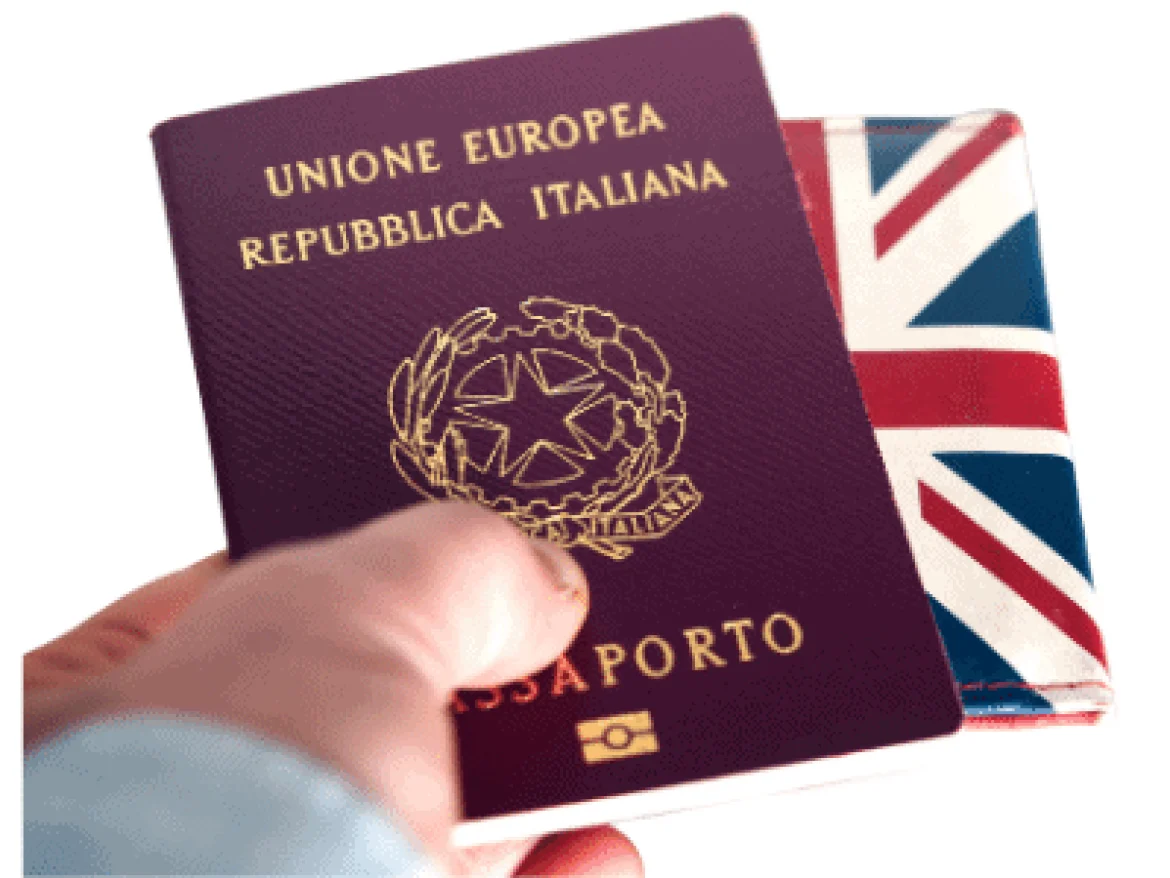
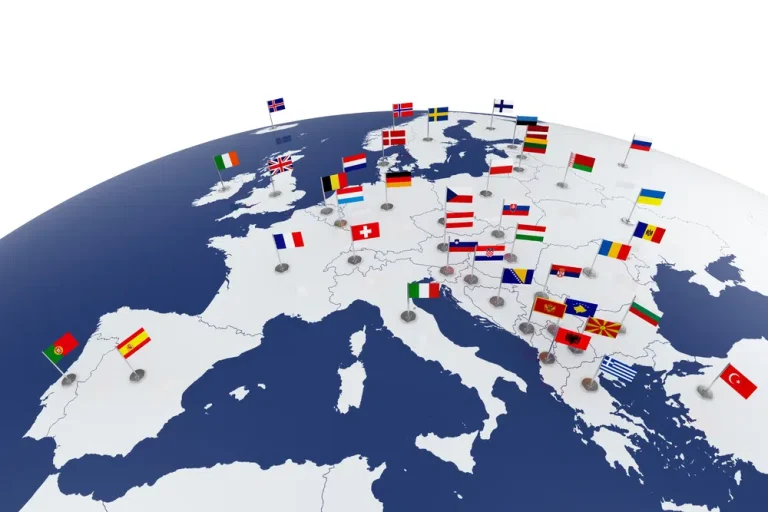


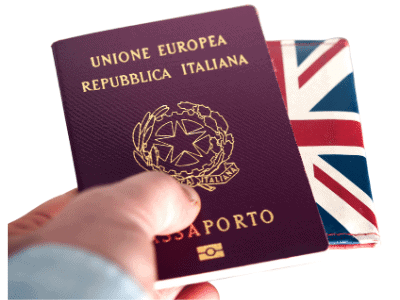
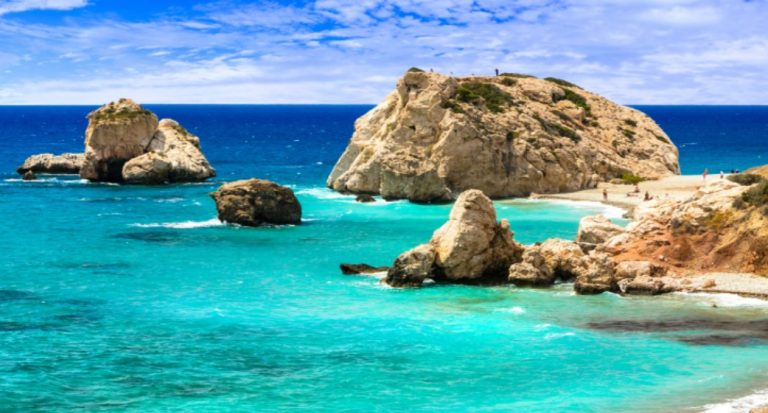
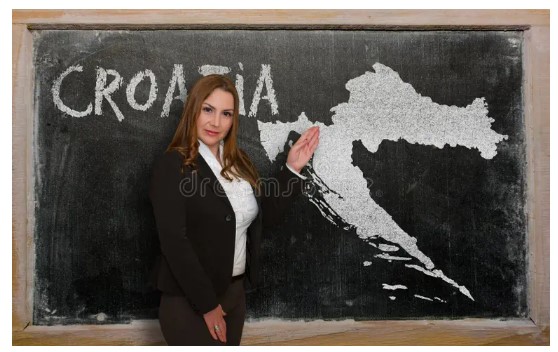
Comments (0)